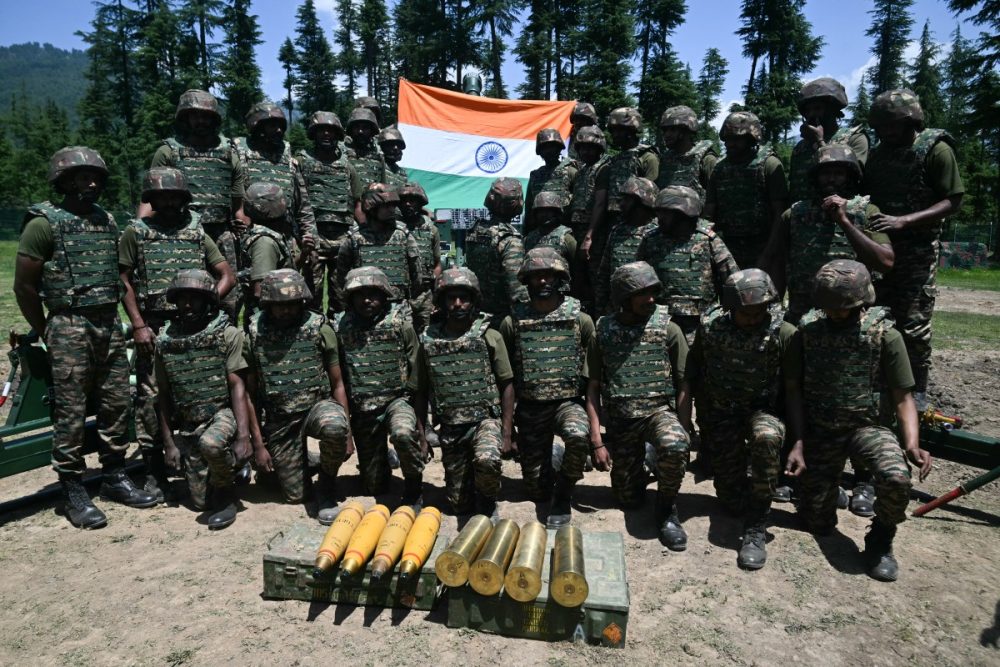Indi and China are set to expand defence ties via joint military drill, exercises and enhanced communication. Despite the differences in perception of where the border of India and China lay, the two countries haven’t fired a single shot at each other for three decades, said director at the Society for Policy Studies, C. U. Bhaskar.
- Is JF-17 Thunder Fighter Jet a Better Choice than HAL Tejas?
- Russian SU-57 or American F-35: Who is Winning the Fighter Jet Market?
A major decision was taken on Thursday by India and China to expand their military ties by drafting a fresh memorandum of understanding (MoU) that will deepen defence cooperation and set up a strategic interaction between the two countries. The movement has come to avoid Doklam-like standoffs (which EurAsian Times covered extensively) along the disputed border that the two Asian giants were engaged in last year.
“It was decided to expand the engagement relating to training, joint exercises and other professional interactions. Both sides also decided to work towards a new bilateral MoU on defence exchanges and cooperation to replace the MoU signed in 2006,” said Indian defence minister Nirmal Sitharaman in a statement at a meeting held with and her Chinese counterpart General Wei Fenghe.
According to the statement by the defence ministry, the meeting held between the two ministers had a talk on bringing the hotline into operation soon between the two armies as part of the ongoing confidence building measures and border area issues.
The hotline, according to the Indian army, should be between its Director General of Military Operations (DGMOs) and his equivalent official in People’s Liberation Army (PLA). However, the proposal of Beijing is to link the deputy commander of its Chengdu-based Western Theatre Command with the Indian DGMO.
Concerned about cross-border terrorism, Sitharaman discussed security challenges that India has been facing. She talked about bringing peace and stability in Afghanistan, and the need for ensuring freedom of navigation and overflight in the South China Sea.
The ministers also gave a thought on issues focusing bilateral, regional and international in a “free, frank and conservative manner”.
More News at EurAsian Times
- Can China’s J-20 or Russian SU-57 Really Match the US F-22 Raptor?
- Indian Military Base in Sabang can Strangle China at the Strait of Malacca
- Saudi Money, US Weapons, Israeli Intelligence Fuelling Arab NATO – Iran
- Why is Saudi Arabia the “Messiah” for Pakistan’s Economic Crisis?




